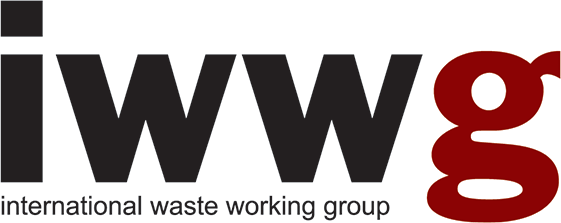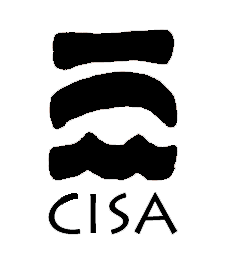Preliminary evaluation of the program goals for recycled solid waste in the São Paulo Municipality, Brazil
Adriana Fonseca Braga *, Wanda Maria Risco Gunther, Helena Ribeiro
Environmental Health Department, São Paulo University, São Paulo, Brazil
Municipal solid waste recycling in developing countries, such as Brazil, is fundamental for methane gas emissions minimization from landfills and dumps, reduced extraction of natural resources, water and soil contamination reduction, and improvement of the socio-economic conditions of waste pickers.
In 2014, São Paulo published the Municipal Solid Waste Integrated Plan that defined the goals with an inclusive approach regarding the National Waste Pickers movement. The targets for 2016 were: 1. to recycle 3,000 tons per day from selective collection; 2. to cover 100% of the city area with selective collection.
The objective of this paper is to evaluate the achievements of the goals for recycled solid waste, and to identify those regions that mostly contributed to it.
The amount of generated and selectively collected waste per month and year by regions was obtained from the Municipal Solid Waste Control System (PMSP, 2014).
In 2016, São Paulo had a population of 12,038,175 inhabitants and produced 5.2 million tons of solid waste (8% of Brazilian total). 68% was household waste, more than 90% was landfilled, and 2.36% was selectively collected for recycling.
The public selective waste collection of recyclable residential waste (papers, plastics, glass, and metals) is executed by: (i) two outsourced firms that collect door to door; (ii) 21 sorting centers operated by associations of waste pickers that have an agreement with the municipal government, and 20 associations of waste pickers without an agreement with the municipality.
Read full article
* email: adriana.braga@usp.br


